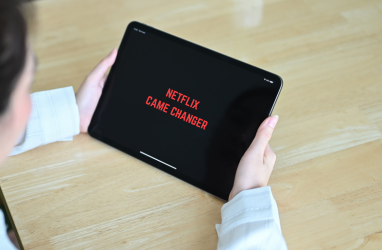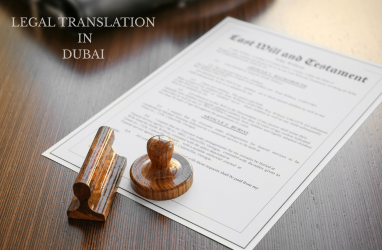The Tale of Copyright and The Freelance Writer
Intellectual Property laws have been put in place to protect the original work you’ve created. But be wary that not everything under the spectrum of ‘imaginative originality’ can pass off as ‘intellectual property’. As a freelance writer, recognising your intellectual property rights would undoubtedly be the best step towards imposing and exercising them, if need be. In this article, we explain the copyright law for writers.
What are Copyrights?
In a general context, copyright is an integral arm of Intellectual Property law that aims on protecting original work and the exclusive right to publish it. This versatile law pertains to the following creative domains:
- Writing
- Music
- Paintings and Sculptures
- Games, Websites and Computer Software
- Photography and Graphic Design
and everything else that has a distinct and original form.
If executed correctly (and on time), copyright law inevitably grants copyright to the creator of the work, unless the creator chooses to sell or assign their rights to a third party for an agreed-upon fee or royalty structure (if applicable, but we will get to that later).
The Literary Digital Workforce: Do you make the cut?
Experienced literary freelancers are those who are aware of their niche, who to pitch to and how, and are mindful of mastering a motivational trigger that pushes them to promote their services among an infinite pool of other aspiring digital writers.
The online freelancing community flourishes on the premise of offering financial independence to those who seek it. For most freelance writers, making the valiant transition of becoming ‘self-employed’ not only comes with the perk of becoming ‘financially free’. They’d also hope for complete command over their life, the prospect of creating a global personal brand as an aspiring author, and endless access to potential clients and life-changing opportunities.
But be wary, that, with such ‘financial freedom’, comes the onus of responsibility. You must be aware of probable risks that pose a threat to both your literary work and on your rights as a digital author. In order to effectively foresee and tackle such risks, preparedness and self-education are key.





